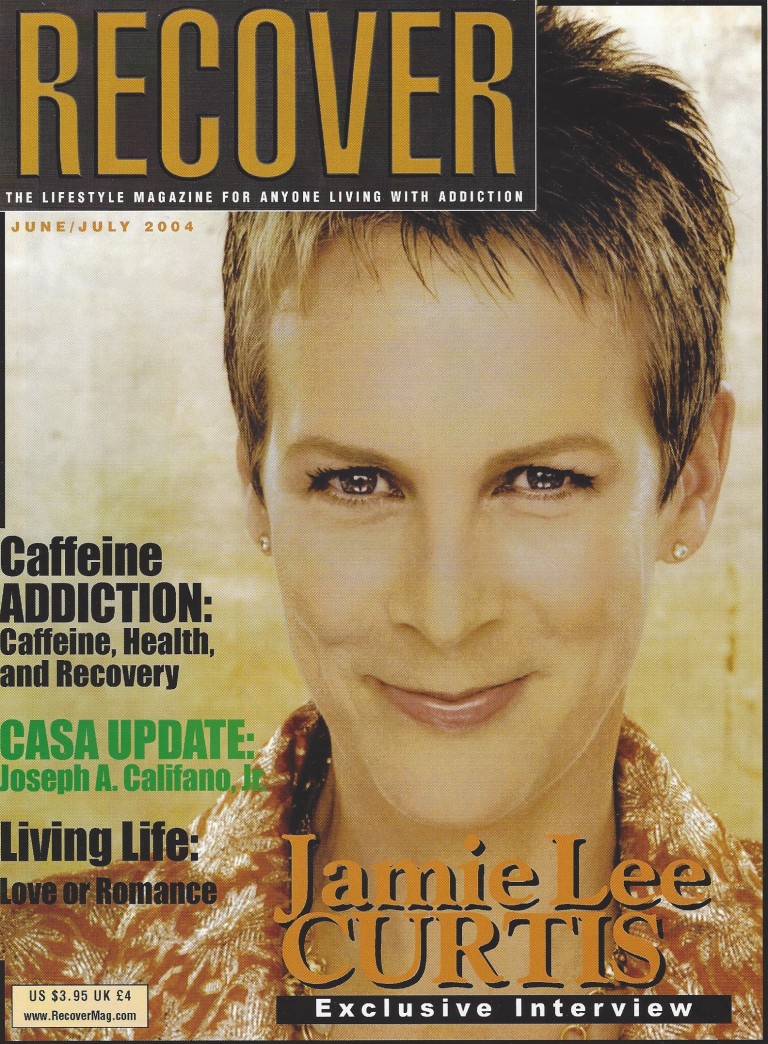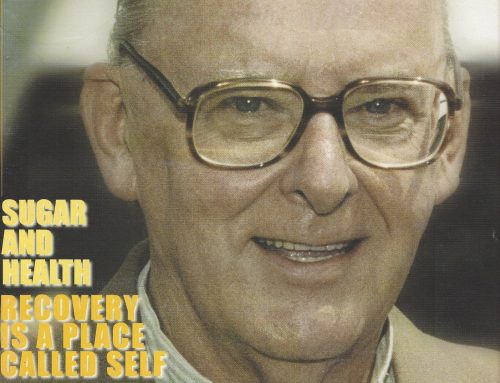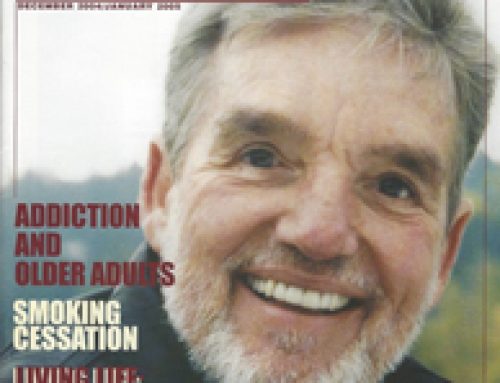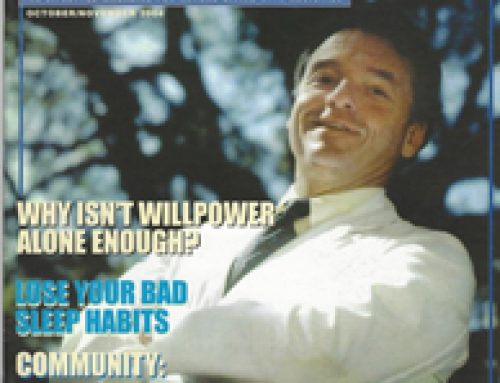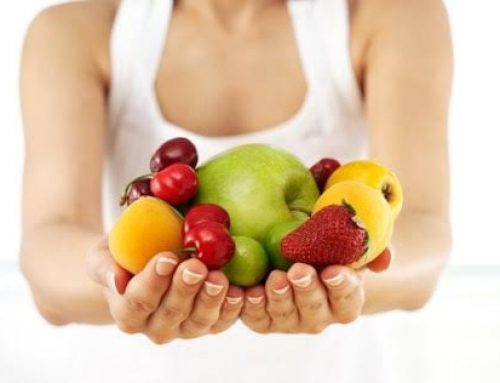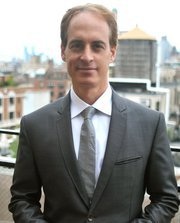Summary: Even though ingesting caffeine in coffee and sodas, and other beverages is presently socially acceptable, it is actually a very addictive and harmful drug. It has many serious adverse effects, and those desiring to live a more healthy life should avoid it.
Anyone in recovery desires several things. You want to remain free of the drug you had been using and you want to alleviate the negative physical and emotional conditions that were created by that addiction. Hopefully, you also want to lead a healthier life in general. In order to move along a new path in life in which you are becoming and staying healthier, you must not only stay free of your previous substance abuse, but you should live in a more wholesome manner, one that is not just, not unhealthy, but one that actively promotes good health. One important way to do this is to detoxify your body and keep it free of all harmful, toxic substances. To do this, you ought to eliminate certain habits to avoid these other substances, in addition to remaining free of the drug you were abusing. For this reason, knowledge of the effects of various foods and chemicals is essential to being able to find and stay on the path that leads you to better and better health.
Sometimes sociological conditions and peer influences can distort ones view of the real situation. A good example of this was cigarette smoking. Older movies are a good indication of the social norms at the time. Not only did most people start smoking in social situations, but the person who did not smoke was considered not really as much a part of the social group. Of course, now most people are fully aware that not only is nicotine very addicting, but the intake of the toxic smoke is extremely harmful and unwise, and it is morally wrong to make those around you inhale toxic second hand smoke. Today, things are different and it is the person who wants to smoke, who is a bit of an outsider, and who often finds themselves literally outside, when they have to smoke in another location, like outside a restaurant or even outside an apartment where they are a visitor.
Today, caffeine is an accepted drug, just like nicotine was many years ago. In fact, caffeine is the most widely used drug in the world. Some may feel that it is probably not as harmful as the toxic smoke that went along with nicotine addiction and cigarette smoking. Nevertheless, there is no doubt, that caffeine is very harmful to the health of a person. In the Western world, 8 out of 10 adults consume caffeine in some form. Presently many Americans are hooked on caffeine. Ninety percent consume it in one form or another every single day. Over half of them consume more than 300 milligrams of caffeine every day. It is in coffee, tea, soda, chocolate, and a variety of other things, and is our nation’s most popular drug.
Caffeine occurs naturally in many plants, including coffee beans, tea leaves, and cocoa nuts. Caffeine is really a biological poison used by plants as a defense against being harmed and injured by the other forms of life in their environment. The caffeine gives seeds and leaves a bitter taste, which discourages their consumption by insects and animals. If predators continue to eat a caffeine-containing plant, the caffeine can cause central nervous system disruptions and even lethal side effects. Most of them learn to leave the plant alone.
Though it is widely known that caffeine is an addictive and unhealthy drug, it is widely consumed and as much a part of American contemporary life as smoking was years ago. With the spread of and popularity of coffee bars, coffee, one of the main sources of caffeine in people’s diet, is more popular than ever. (Tea and hot chocolate, also consumed at these coffee bars contain significant caffeine, but not as much.) Around one third of all coffee drinkers say they can’t do without it and are clearly addicted. Tolerance for caffeine for anyone drinking coffee can develop rapidly and lead to the desire to increase ones consumption. Someone used to drinking six or seven cups of strong coffee a day will begin to experience withdrawal symptoms on waking and then every two to three hours after the last coffee drink. If you are seeking optimum health, however, you should stop or at least severely curtail your coffee consumption. It is a drug and the last thing any of us needs is another addiction.
When most people think of caffeine they immediately think of coffee, and yet much of the caffeine that is ingested does not come from coffee at all. In fact, people who do not drink coffee may be ingesting quite a great deal of caffeine regularly. The fact is caffeine is an addictive additive present in most commercial sodas.
How Caffeine Hurts Your Health
Caffeine has many effects on the body and brain. For example, as your body becomes fatigued, adenosine is made in the brain, and binds to adenosine receptors. This causes drowsiness by slowing nerve cell activity. The result is that you will want to stop and rest. You will want to go to sleep. This is healthy for you need the rest. The adenosine also causes blood vessels to dilate in the brain, so more oxygen can reach the brain during sleep.
When caffeine is ingested and goes into the stomach, it quickly travels to the brain. Once there it binds to the adenosine nerve receptors. But instead of cellular activity slowing, this results in it speeding up. The cell can no longer bind with adenosine, because the caffeine is linked up with all of its available receptors. The usual effect of adenosine is blocked in this way and the cell begins accelerating its activity. In addition to this, because adenosine is shut out, the brain’s blood vessels begin to constrict. The increased neuron firing in the brain stimulates the pituitary gland. The pituitary signals the adrenal glands to produce adrenaline (epinephrine), the “fight or flight” hormone
Unfortunately, when the adrenaline wears off, you feel fatigued and that drives you to get more caffeine. As you go through this cycle many times through the day, you will find yourself becoming more and more irritable.
Caffeine raises the blood pressure and increases the levels of various stress hormones, and for those very sensitive to it or consuming large quantities, it can cause heart palpitations and nervousness. If sustained by regular coffee drinking over a lifetime, these increases in blood pressure and heart rate will elevate the risk of stroke and heart disease. Heavy coffee drinkers, those having five or more cups per day, were two to three times more likely to have coronary heart disease than were nondrinkers.
Caffeine at a high level can eventually lead to exhaustion of the adrenal glands. Caffeine is a chemical stimulant that increases blood levels of the hormones produced by the adrenal glands. The adrenal hormones regulate stress response, blood pressure, blood sugar, mineral levels, immune activity, inflammation, and cell growth and repair. Long term caffeine consumption contributes to adrenal insufficiency, in which over 150 hormones produced by the adrenals or metabolized from adrenal hormones no longer function adequately.
Caffeine causes the body to produce greater amounts of cortisol, the body’s stress hormone. These elevated levels can last for hours having a negative effect on serotonin and dopamine production. Anxiety will increase and even depression can result from these changes.
People sometimes feel sharper after their cup of coffee, however the increased cortisol will lead to restricted blood to the brain and eventually causes poorer mental performance
People who chronically stimulate their adrenal glands to overproduce cortisol alter their daily pattern of cortisol concentrations so that cortisol is low in the morning when they wake up instead of high. So they reach for a cup of coffee to artificially spike their cortisol levels up again. These same people experience huge cortisol surges at meals causing them to overeat. They have higher body fat, lower muscle mass, and reduced metabolism, so they burn fewer calories. They don’t sleep well at night because elevated cortisol levels keep them from entering the deep, rebuild and repair stage of sleep the body needs for recuperation. High levels of cortisol will also compromise your immune system and interfere with your body’s ability to fight off pathogens.
Be aware that if you frequently drink coffee or have other sources of caffeine, and find that at end of the day you are regularly stressed out and exhausted, even depressed and worried, it could very well be the result of the caffeine generating large amounts of cortisol in your body.
The Relationship between Sodas and Caffeine Intake
Caffeine is much more addictive and much more of an actual drug than the general public is willing to fully admit to themselves. Yet, anyone who misses their regular coffee or sodas will tell you that they experience typical signs of substance withdrawal. These may include headaches and irritability, and the inability to function in their usual manner. You may not know this, but every can of soda, except for specific non-caffeinated ones, contains about one quarter of the caffeine in a cup of coffee. Diet sodas, you may be surprised to learn, contain even more added caffeine than the regular ones. This could be compensation by the soda companies, who are well aware of the psychological effects of their products on people, for the fact that diet sodas do not provide the stimulus of the usual high sugar content of the regular sodas. This extra caffeine is added specifically to create a drug effect, making the soda even more of a stimulant that keeps people coming back for more. This sells more soda but undermines the health of the consumer by using a harmful drug that is known to cause a physical and psychological dependence. Even though soda companies say that caffeine is put into their products for its taste, most people when tested cannot taste the difference between the same soda with or without caffeine. The great popularity of caffeinated soft drinks is driven not so much by subtle taste effects as by the mood-altering and physical dependence of caffeine that drives their daily self-administration. Subjectively, people report that the caffeine in sodas gives them a “lift.” Temporally they feel less drowsy, less fatigued, and more capable of rapid and sustained intellectual effort. A common example of trying to utilize this effect is when students who are trying to get by on an inadequate amount of sleep, eagerly purchase energy soft drinks containing a great deal of caffeine. These are drinks that contain, on average, 75 mg of caffeine, approximately double that of a regular size coffee. Ultimately, the caffeine masks their deep need for proper sleep. Unfortunately for them, studies show that students who use caffeine to study late into the night find their short-term memory is poorer on the next day’s exam.
And if you are not intending to stay up late, the caffeine is very bad for your sleep. A few caffeinated sodas, or one strong cup of coffee, drunk 30-60 minutes before going to sleep can cause restlessness and difficulty falling asleep, increased body movements during sleep, a tendency to be more easily awakened by sudden noises, and an overall decreased quality of sleep.
Getting Caffeine Out of Your Life for Good
It is best if those in recovery lead the healthiest life possible and avoid all addictive drugs. To do this you should live a life free of all addictions, no matter how socially acceptable they presently are in society. Caffeine in all its forms in coffee and sodas, and many teas too, is one of the primary socially accepted addictive drugs that a person might incorrectly feel is not a serious problem. Yet it is now obvious from what you have been reading in this article that caffeine is a very unhealthy, addictive drug that creates a strong dependence, not just chemically, but psychologically and behaviorally too, and one which can lead to strong withdrawal symptoms. Many unhealthy and sleep deprived people feel they cannot function without their regular morning coffee, and without an ongoing ingestion of caffeine during the day by either having more coffee, or by having caffeinated sodas, as they go through their workday. The truth is that a moderate caffeine user, whether it is in coffee, or another type of food, is a rare individual. Caffeine is so addictive that most consumers of it end up consuming a lot of it. 90% of Americans consume caffeine every day. If they try to suddenly stop, they get terrible, splitting headaches as blood vessels in the brain dilate. So people are quickly driven back to taking more caffeine.
The best way to deal with substances of this nature is complete abstinence. People who use it generally are dependent on it to function in their day to day life because they have not been taking proper care of themselves. It is often a compensation for run down overall health because of poor nutrition, failure to stay fit, and most of all, inadequate sleeping regimes. Its use leads to more deterioration of a person’s health, and with its continued use, their health is liable to continue to deteriorate further and further.
Anyone who is seeking optimum health should stop drinking coffee and other forms of caffeine, such as caffeinated sodas and caffeine containing teas. Caffeine is a drug and the last thing any of us needs is the regular use of an addictive, physiologically deleterious, mind altering substance in our lives. If you are physically addicted, you’ll need to endure the withdrawal symptoms for several days while consuming caffeine-free substitutes. It may be of interest to you to know more about why you get a headache when you skip your morning cup of caffeine. Caffeine acts as a powerful vasoconstrictor in the brain. That is, it constricts blood vessels, lowering oxygen flow to the brain because of the deceased circulation. When caffeine is no longer present the vessels dilate resulting in a sudden increase in circulation and oxygenation that results in headaches.
The most common caffeine withdrawal symptom is a throbbing headache, usually occurring within 18-24 hours after the last dose of caffeine. Other symptoms may include drowsiness, lethargy, irritability, nervousness, depression, and nausea. Sometimes people who are just reducing caffeine intake, report being irritable, unable to concentrate, nervous, restless, and feeling sleepy, as well as having a headache. If you’re chronically tired as you gradually switch to caffeine free sodas and teas, herbal coffee, and other alternative beverages, try to sleep more each night, eat healthier foods, and exercise regularly. While withdrawal symptoms force millions of addicted people back to the caffeine habit and make them reluctant to give it up, the good news is that people can often avoid this pitfall by very slowly weaning themselves off caffeine over a two to three week period. There is a good chance you will be able to avoid the headaches and at the same time gradually adjust your body and mind to being less reliant on this stimulant. Cutting back by a half cup of coffee per day or having one or more less caffeinated sodas each day is a recommended pace. Fortunately, for those in successful recovery from alcohol, which had caused hangovers and interfered with the important REM sleep, the powerful need for caffeine in the form of coffee in the morning no longer exists. If you find yourself needing a cup of something try to experiment with caffeine-free herbal teas.
Some people might think of trying decaf during the weaning period. But it is important to keep in mind that most decaf, even some that say “naturally decaffeinated” on the container, has been made with methylene chloride, and a significant amount of this toxic chemical is left as a residue on the newly decaffeinated coffee making it unhealthy. Decaf coffee is also highly acidic and many feel that because of this it is not health promoting. The best choice is a Swiss water processed decaf. Unfortunately, drinking only decaf coffee will not free you from caffeine addiction, and may end with your eventually desiring your regular coffee, or other sources of caffeine, like commercial sodas. The reason is that, contrary to what most people think, decaf still contains a small, but significant amount of caffeine.
One product I regularly recommend to my clients who love the taste of coffee, but who wish to improve their health by eliminating caffeine entirely from their life, is an herbal coffee called Teeccino. It comes in a variety of flavors, and most of my clients who try it find the taste of it quite satisfying and don’t miss their past caffeine-laden morning cup of coffee at all. It can be brewed in the same way as regular coffee is brewed, so that you don’t even have to change your morning routine. For those freeing themselves from caffeine this way, it is recommended that you gradually reduce the percentage of your caffeine containing coffee over a two-three week period until you are drinking 100% caffeine-free herbal coffee. You should be able to avoid headaches and also gradually adjust your body to less reliance on stimulants.
The body’s reaction to the toxicity of caffeine can vary so greatly for different individuals that you have to discover how it was uniquely affecting you. Some pains and discomforts you would never have thought were caused by caffeine will disappear after you quit having coffee, caffeinated sodas and other forms of caffeine. You may experience improvements in your skin, digestion, sleep, mood, and energy among others. You might very well find that three months after getting caffeine completely out of your life, your energy stays steady all day long and you feel better than you’ve felt in years.
